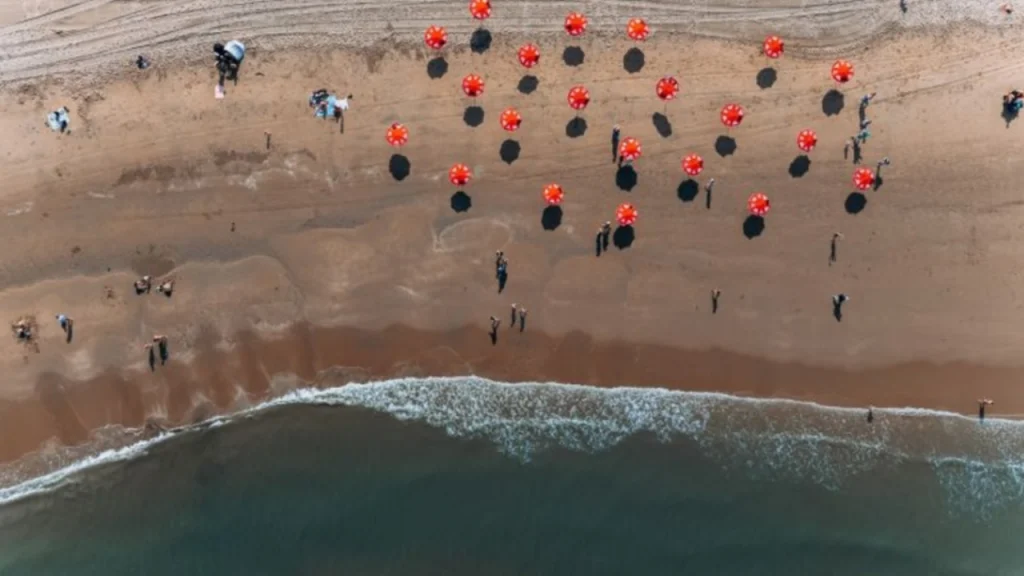- Solar parasols offer device charging at pop-up beach spots in the Netherlands.
- Trial is short-lived and promotional, raising questions over real-world need.
What happened: Solar parasols for pop-up beachfront charging
Vodafone is distributing branded parasols with integrated solar panels at select Dutch beaches, allowing visitors to charge multiple devices. The concept, dubbed “Parascroll,” which notes the pilot aligns with a broader “Oh Yeah” campaign and will run for limited days in locations such as Scheveningen and Noordwijk. Survey data cited by the outlet suggests 31% of 19–49-year-olds in the Netherlands have faced a flat phone at the beach or pool, while 55% complain about screen glare and 47% say devices overheat in the sun.
A second report from Telecompaper confirms the umbrellas are intended to help beachgoers charge phones on busy summer days. The initiative is promotional rather than a network upgrade and appears independent of any long-term infrastructure plan.
Also read: Vodafone and Three to overhaul infrastructure for smarter growth
Also read: Vodafone launches $545M buyback after growth
Why it’s important
The Parascroll shows how operators use off-beat brand activations to keep mobile services front-of-mind during peak season. It may improve customer experience at the margins—charging e-readers or phones briefly—but the benefits are narrow and temporary. There’s no new spectrum, coverage, or capacity here; it’s more marketing than engineering, and it does not relieve congestion or add network resilience.
It also prompts questions: do solar parasols meaningfully address the main pain points (screen glare, device overheating) identified by Vodafone’s research, or simply the easier one (battery life)? And if demand is genuine, would permanent shaded charging hubs or improved beach-area small cells offer more lasting value? If this pilot continues, organisers should publish usage metrics, uptime and safety data to justify future roll-outs and spending.

